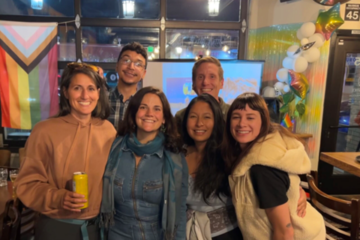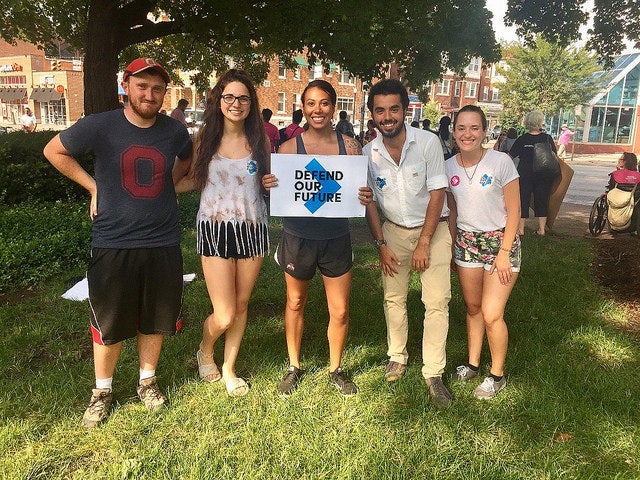Opportunity in Victory
We did it! Nevada’s Senate Bill 450, the Windsor Park Environmental Justice Act, is now LAW. This is all thanks to the fearless leadership of Senator Dina Neal, who represents North Las Vegas, and the dedicated community members who came together to make this happen.
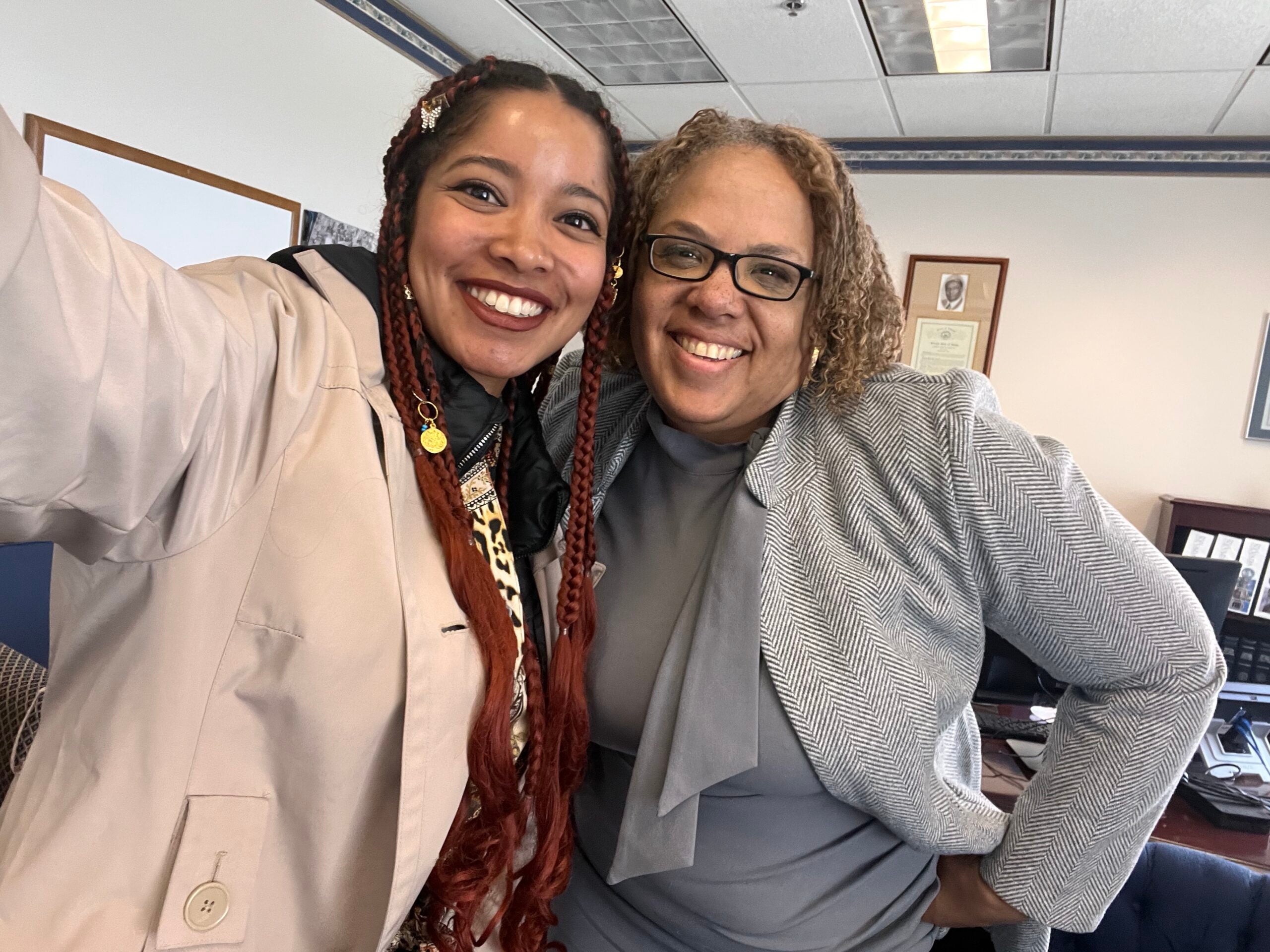
For those familiar with the Windsor Park story, you know that this was a hard-fought victory. At a press conference celebrating the signing, Sen. Neal extended a special thank you to the UNLV Boyd Law and Film students and professors that made Windsor Park: The Sinking Streets, a short documentary that was instrumental in telling the story of Windsor Park. The film elevated Windsor Park’s story not just throughout Las Vegas Valley, but through the halls of Nevada’s state legislature. Without this art, getting the Windsor bill signed may have not been possible.
Looking to the Future
Here’s what this bill promises Windsor residents:
- Relocation: The bill will devote $37 million to relocate the remaining 90 families of Windsor Park to vacant land adjacent to the neighborhood. The land is required to be surveyed to be safe and stable before purchase, unlike the original Windsor Park location. All houses exchanged in this program must be at least equal to the square footage of the current house the residents have in Windsor Park.
- Restitution: The bill orders restitution payments of $50,000 to current owners who reside in single-family residences in Windsor Park as of July 2023; and $10,000 in restitution to the original occupant of a single-family residence in Windsor Park or to the descendants who inherited the residence.
- Reforestation & Memorialization: Any property in the Windsor Park neighborhood that is exchanged in this program must be used only for the purposes of a public park to memorialize the past and present residents of the neighborhood.
Read the full text of the bill here: S.B. 450 Windsor Park Environmental Justice Act
The Journey to Passage
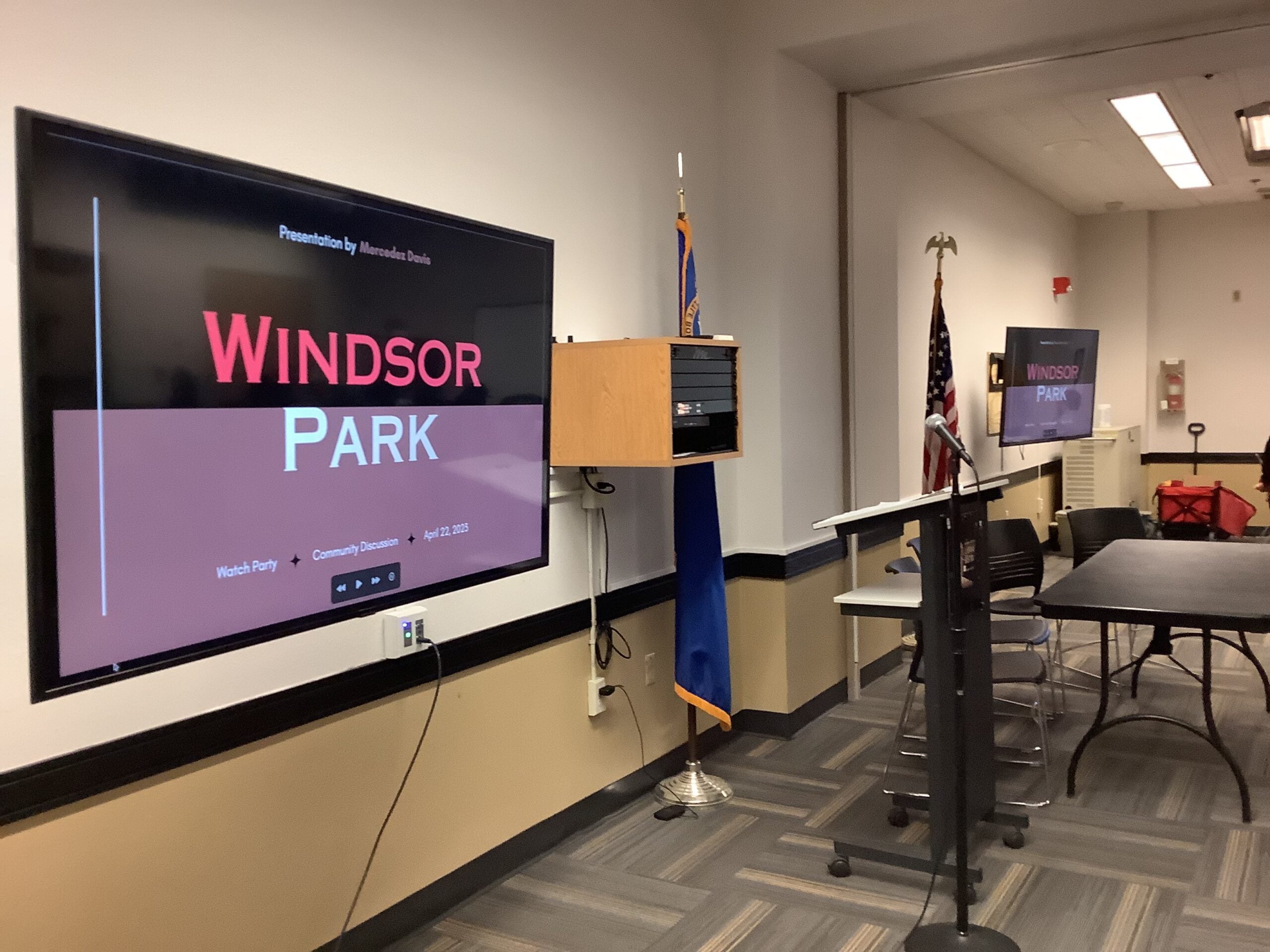
Defend Our Future spread awareness and helped organize the community to provide testimony in support of the bill. Local and national news coverage helped propel the Windsor Park Environmental Justice Act through both state chambers and onto the desk of the governor. Nevada Governor Joe Lombardo signed the bill into law on June 16. This battle, which started way back in the 1980s, has finally achieved the outcome it deserves. Sweet, sweet victory – yet this is only the beginning.
Celebrating the win
Last month, we organized with community members to celebrate this success. Emotional speeches were made, and we ate, danced and laughed in celebration of what we accomplished for the Windsor Park community.
Here are a few of my favorite quotes from the speeches at the event:
Sebastian Ross, who helped work on the research that led to the Windsor Park: The Sinking Streets documentary as a law student at UNLV, shared this relatable sentiment:
“As a Law student, I think it’s really easy to get jaded at what we see going on and to get discouraged and think that we can’t make a change… and on behalf of everybody that worked on the project, taking a look at Senator Neal and the example that she set, and the leadership and the courage that she’s shown, it was a lesson to us to know that as long as we stay persistent, and we stay committed, we can be that change that we want to see.”
Nevada State Assemblyman C.H. Miller:
“Historical change! The ability for families to be able to recapture wealth that was stolen… I mean…what she was able to accomplish during this session was phenomenal and I am extremely proud of her.”
County Commissioner William McCourty had a message for the youth:
“We have a lot of young people in here. When there is something that is wrong that goes on in our life it is up to us to stand up and speak out – and speak out with truth and power – with our God given positions of power. And Dina is a living embodiment of what a servant should do. And she is a beautiful person!”
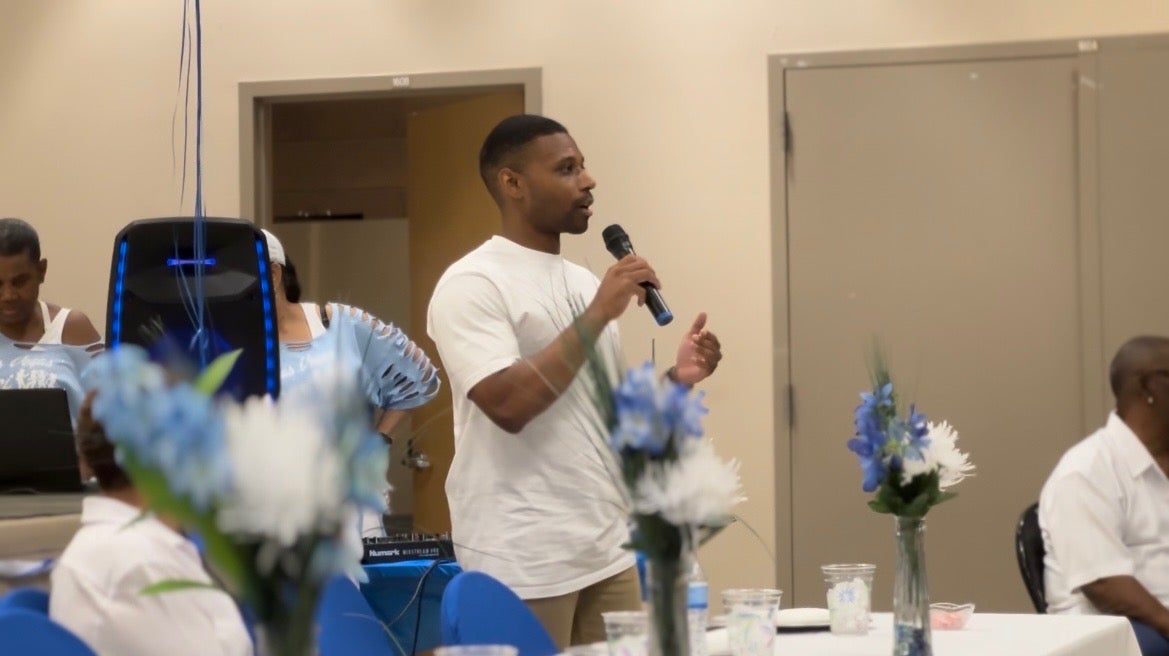
Myrtle Wilson, a Windsor Park current and original resident, said:
“We are more than thankful. We have started, we got the start – and that’s the bill that was passed. But now, what we have to do is continue to stick together, because she is determined, she hasn’t given up on us, and she has taken us farther than anybody else has. And we are grateful.”
The work continues
As Ms. Wilson said, this is just the beginning. It isn’t over until the residents are moved out of their homes and into the promised new land and housing. But that’s what’s exciting about this bill: It provides a surge of opportunity.
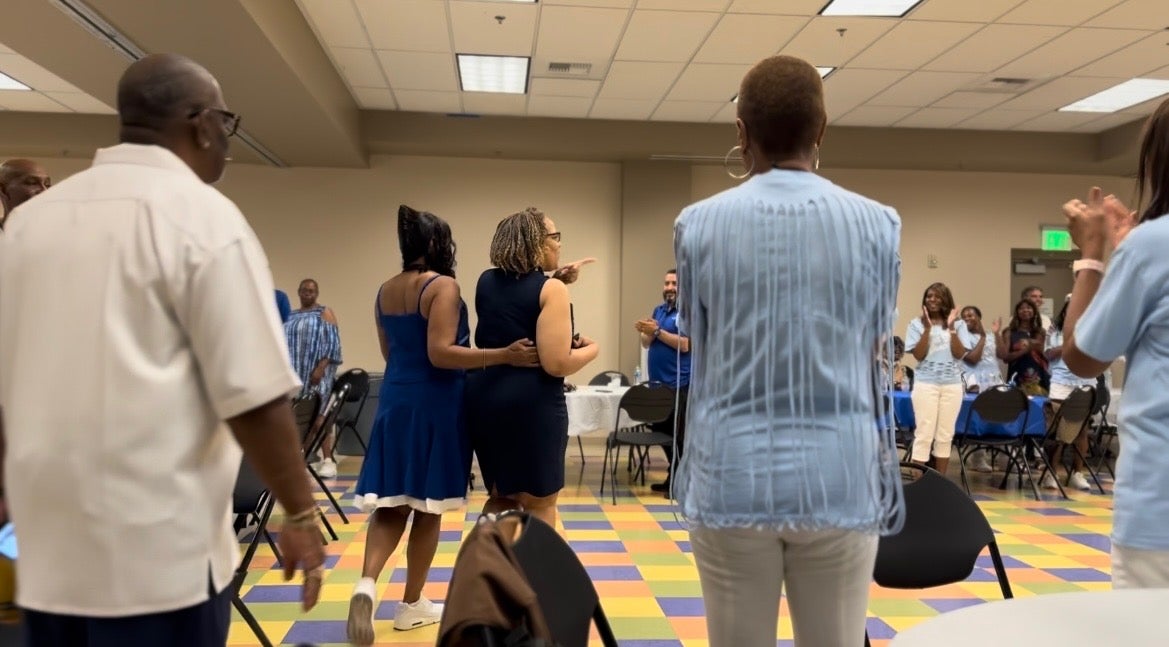
This is a chance to rethink the way we plan and structure our communities, and the stories that these structures tell. This is an opportunity for local developers and architects to create something resilient, sustainable and beautiful that will last for generations to come.
Ensuring proper implementation
The Housing Division of Business and Labor is responsible for developing the program to relocate the Windsor residents. Included in the instructions of the bill is a preference for contracts to businesses owned by a person who resides or formerly resided in the Windsor neighborhood.
We urge the Housing Division to make earnest efforts in this, and to go even further. Throughout this process, the Housing Division should keep the community involved in all discussions of the design, development and implementation of the relocation program. Activists and residents should continue to gather. Their input can no longer be ignored, and the history of neglecting the community while decisions are being made on their behalf must not be repeated.
Setting an Example
In addition to appropriating $37 million in state funds for the new Windsor community, the bill instructs the Housing Division to apply for any applicable federal grants to support their work. With passage of the Inflation Reduction Act and the Bipartisan Infrastructure Law, there are more federal resources available now than ever before.
Windsor Park has the unique opportunity to serve as a model for how federal, state and local actors can work together to mitigate and repair environmental damage and build affordable and sustainable communities.



